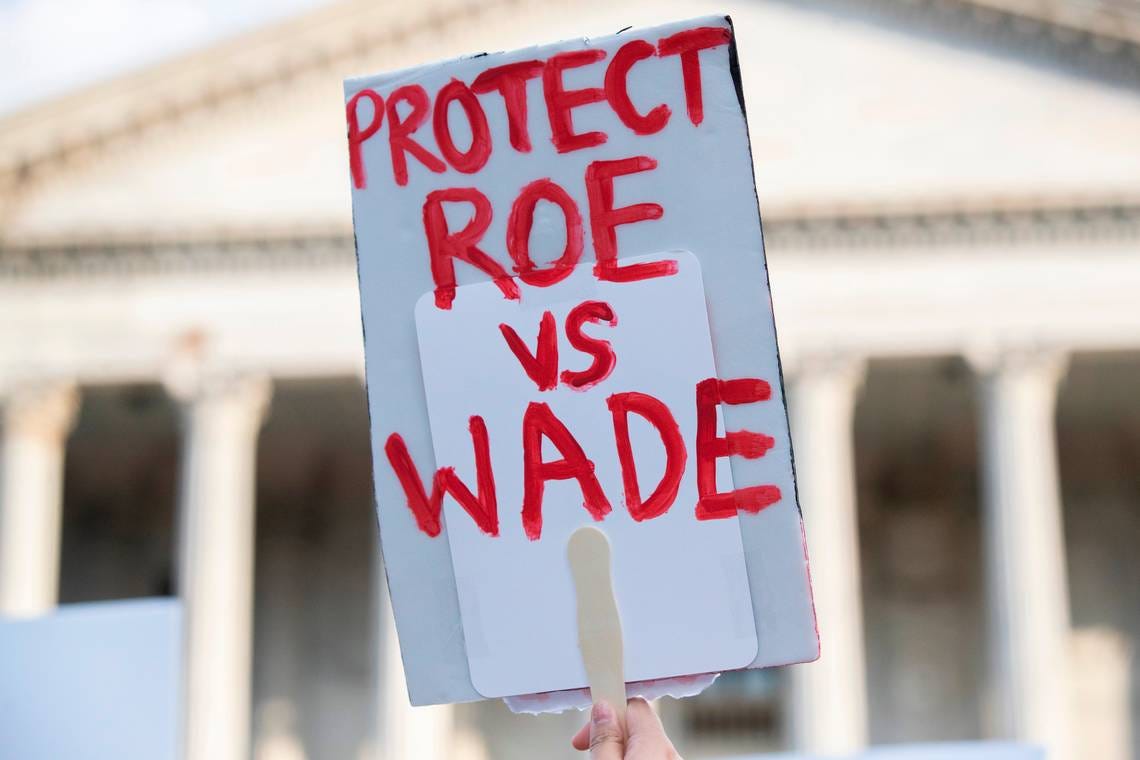The Palmetto State Abortion Fund Fights for Economic and Healthcare Justice
This post is written by Emily Taylor, Associate Professor of English & Director of Women's & Gender Studies Program at Presbyterian College and author of Hot Feminism: Letters from South Carolina.
We have been living with an extreme abortion ban in South Carolina for almost a year. On August 23rd 2023, the South Carolina Supreme Court ruled that the stat…





